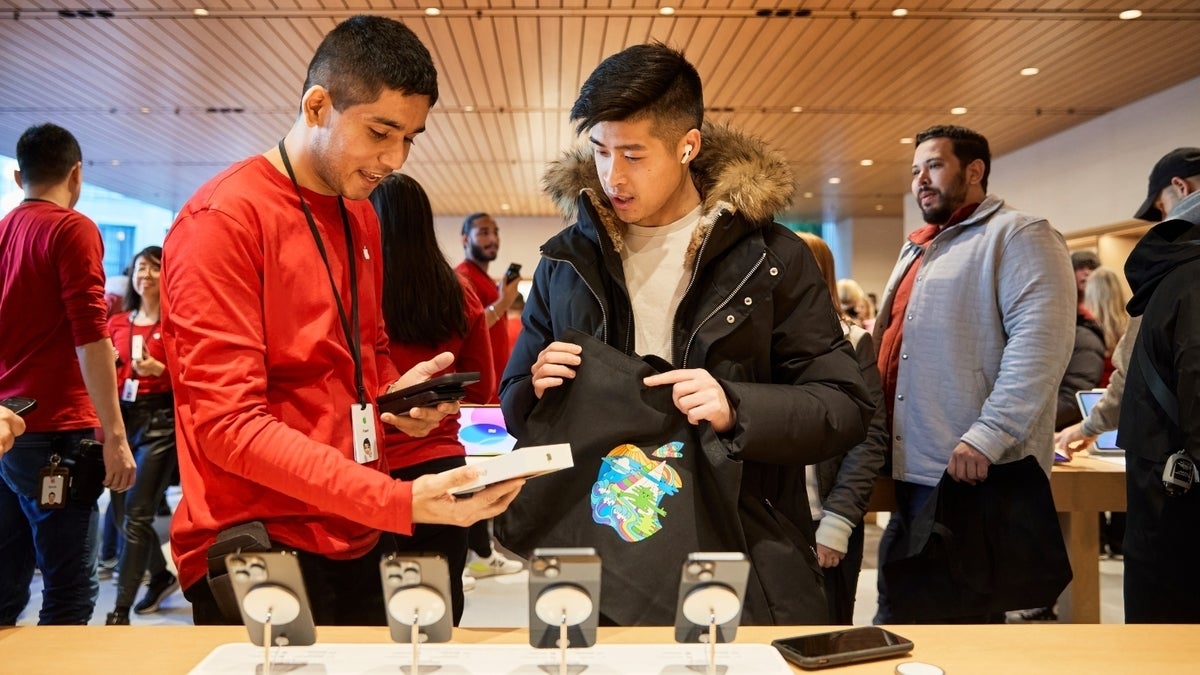A contact recently told me that Apple handles thousands of inquiries from people who have forgotten or misplaced their Apple ID logins every day. That’s probably why Apple recently made it easier to access your Apple ID using any known email address.
But Apple reps are also inundated with requests related to third-party apps over which they have no control. As the EU looks to force Apple into allowing apps from alternative app stores onto its devices, a practice known as sideloading, the user experience with Apple devices — and the flood of inquiries and complaints — is about to get much, much worse.
Twist and shout
There are over a billion Apple device users in the world.
Each one of these has their own Apple ID to access and use their devices, and that ID is frequently also used when purchasing items from the App Store. When people forget that ID they go to Apple, and the nature of people is such that they turn to Apple any time they encounter a problem with their device.
What this means is that Apple’s online and physical stores already handle thousands of inquiries that relate to issues with third-party products every day. I guess the conversation goes like this:
Customer: “Hi, I have a problem with AppName. Can you help me?”
Apple: Takes a look. “Ah, but I see the problem is to do with the app password. That’s not something we can help you with.”
Customer: “What do you mean you can’t help? I purchased this app with your device and via your App Store. Why won’t you help me?”
Apple: “I’m sorry, dear customer, but we can’t help you with this, as the interaction was between you and the app. We literally don’t have access to the data you need to help you.”
Customer: “What do you mean?”
Result: the customer is left upset. The Apple representative is also upset, as they can’t help the customer. No one is happy.
This happens many, many times each day.
Don’t let me down
When it comes to platforms used by a billion people, it is inevitable that not everyone will properly secure their devices, recall their passwords, or understand the risks they take when purchasing apps, particularly when all the stores seem legitimate.
We already see these risks play out on Android. A 2022 report (PDF) from the UK’s National Cyber Security Centre confirms that “users of third-party stores are particularly vulnerable.” That report also describes a host of vulnerabilities in which scammers have shared infected software or made use of undermined or spoof app sales sites.
There are also problems on legitimate sites. Earlier this year, Android malware was identified as having been downloaded 400 million times from Google Play. There have also been rare instances in which the more heavily curated Apple App Store was undermined.
And where do people turn when they are attacked, their devices hacked, or their data subverted? They go right back to the platform vendors, and when the fault stems from a…
2023-10-08 07:00:04
Article from www.computerworld.com rnrn
